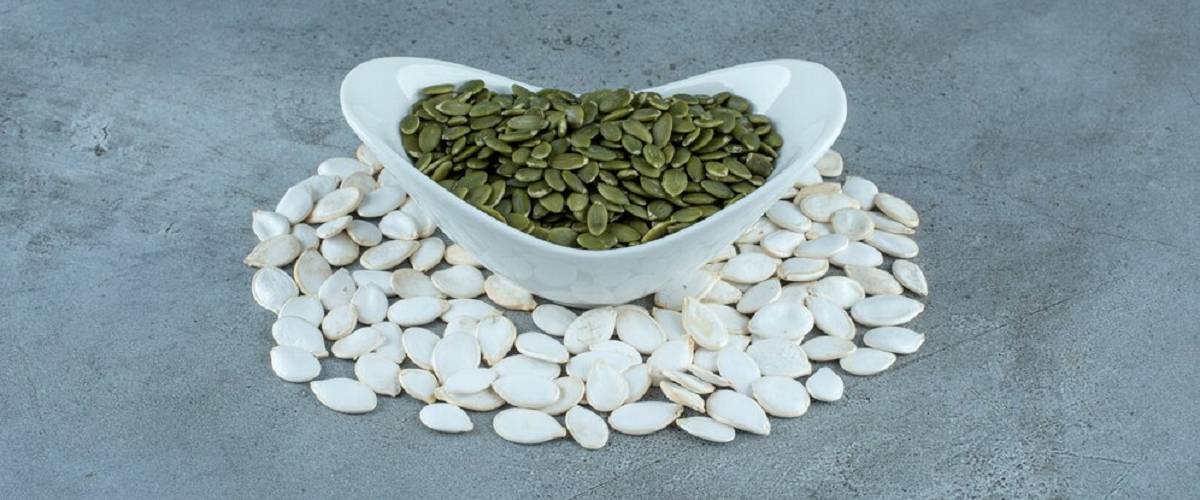What are the Main Causes of Masturbation? How to Stop Excessive Masturbation?
Evidence Based
All the information in this blog post is accurate, trustworthy, scientifically based and has been written and fact-checked by our experts and doctors.
Our licensed nutritionists and dietitians are committed to being objective, unbiased and honest, presenting all sides of the argument.
This article includes scientific references in brackets, which are clickable links to research papers from reputable academic organizations.

Masturbation is a widespread behaviour among men, with studies showing that over 80-90% of men have masturbated at some point in their lives. While it is a normal part of male sexuality, it can become a concern when it becomes excessive or interferes with daily life, relationships, or personal goals. (Reference)
This article explores the causes of masturbation for men & offers strategies for those who wish to reduce the habit if it is excessive and provides practical advice for managing it.
Main Causes of Masturbation for Men
1. Psychological Factors
- Stress Relief: Many men turn to masturbation as a way to alleviate stress. The act can temporarily escape daily pressures and induce a sense of relaxation.
- Boredom: Lack of engagement in stimulating activities can lead to frustration, prompting men to masturbate as a form of entertainment or to pass the time.
- Emotional Comfort: Masturbation can be a coping mechanism for dealing with loneliness, sadness, or other negative emotions, providing a temporary sense of comfort and connection.
[ Also Read: Does Masturbation Cause Memory Loss? ]
2. Physiological Factors
- Hormonal Changes: During puberty and adolescence, hormonal fluctuations can increase sexual urges, leading to more frequent masturbation.
- Sexual Curiosity: Exploring one's own body and understanding sexual pleasure is a natural part of human development, often leading to masturbation.
- Physical Stimulation: The body’s natural response to physical touch and arousal can trigger the urge to masturbate, especially when sexual desires are not being met through other ways.
3. Social Factors
- Peer Influence: Social environments and peer groups can influence attitudes towards masturbation, with some men feeling pressured to engage in the behavior due to perceived norms.
- Media Exposure: Exposure to sexual content in media, including movies, TV shows, and the internet, can increase sexual arousal and lead to masturbation.
- Pornography Accessibility: The easy availability of online pornography can significantly impact the frequency of masturbation.
How to Stop Excessive Masturbation?
1. Self-awareness and Reflection
- Identify Triggers: Understanding what triggers the urge to masturbate is crucial. Keep a journal to track when and why you feel the urge, noting patterns and common triggers. This awareness is the first step in managing the behaviour.
- Set Personal Goals: Reflect on why you want to stop or reduce masturbation. Setting clear, personal goals can provide motivation and direction. Consider what you hope to achieve and how reducing masturbation aligns with your broader life goals.
2. Develop New Hobbies and Interests
- Engage in Creative Activities: Pursuing hobbies such as painting, writing, or playing a musical instrument can occupy your time and mind, reducing the urge to masturbate. Creative hobbies are an effective method for using energy and relieving stress.
- Socialise More: Spending time with friends and family can provide emotional support and reduce feelings of loneliness that might lead to masturbation. Building a strong social network can enhance emotional well-being and provide healthy distractions.
- Volunteer: Helping others can provide a sense of fulfillment and purpose, taking focus away from sexual urges.
3. Healthy Lifestyle Changes
- Exercise Regularly: Physical activity can reduce stress and improve mood, decreasing the likelihood of turning to masturbation for stress relief. Regular exercise releases endorphins, which can help manage stress and emotional well-being.
- Maintain a Balanced Diet: Proper nutrition can help regulate mood and energy levels, reducing the likelihood of engaging in the behaviour out of boredom or low energy. A diet rich in vitamins and minerals supports overall health and can improve mental clarity.
- Get Enough Sleep: Adequate rest is essential for overall well-being, and sleep deprivation can sometimes increase sexual urges. Ensuring you get enough sleep can help balance your energy levels and reduce impulsive behaviours.
4. Create New Interests and Hobbies
- Engage in Creative Activities: Pursuing hobbies such as painting, writing, or playing a musical instrument can occupy your time and mind, reducing the urge to masturbate. Creative outlets provide a productive way to channel energy and reduce stress.
- Socialise More: Spending time with friends and family can provide emotional support and reduce feelings of loneliness that might lead to masturbation. Building a strong social network can enhance emotional well-being and provide healthy distractions.
- Volunteer: Helping others can provide a sense of fulfilment and purpose, taking focus away from sexual urges. Volunteering can also increase social interactions and decrease feelings of isolation.
5. Seek Professional Help
- Therapy and Counseling: Speaking with a mental health professional can help address underlying emotional or psychological issues that are causing the behaviour. Therapists can provide strategies and support for managing impulses and improving mental health.
- Support Groups: Joining support groups where individuals share similar concerns can help you feel connected and accountable. Sharing experiences with others can reduce isolation and provide practical advice and encouragement.
6. Practical Techniques
- Mindfulness and Meditation: Mindfulness can help manage urges by keeping you present and focused on the moment, rather than acting on impulses. Meditation techniques can enhance self-awareness and control over behaviours.
- Avoid Triggers: Limit exposure to sexual content in media and avoid situations that typically lead to masturbation. Being proactive in managing your environment can help reduce temptations.
- Use of Technology: Employ apps and tools designed to track and reduce habits, offering reminders and support. Technology can provide practical assistance in maintaining self-control and achieving personal goals.
Masturbation is a natural behaviour influenced by different factors and is normal. Excessive masturbation interfering with daily life needs to be addressed. Understanding the causes and implementing practical techniques might help men manage and reduce the excessive urge. Individuals can improve their well-being by adopting lifestyle adjustments, seeking help, and gaining self-awareness.
Also Read the Articles:
- What are the Main Benefits and Side Effects of Masturbation?
- Does Masturbation Cause Premature Ejaculation for Men?
- Does Masturbation Affect Kidney, Stomach and Bones?
- Does Masturbation Burn Calories and Cause Weight Loss?
- Does Masturbation Affect Testosterone Levels?
| *** This Article is Written by Swetha Ramala. |
Disclaimer: The information provided on this page is not a substitute for professional medical advice, diagnosis, or treatment. If you have any questions or concerns about your health, please talk to a healthcare professional.

 Evidence Based
Evidence Based


एक टिप्पणी छोड़ें